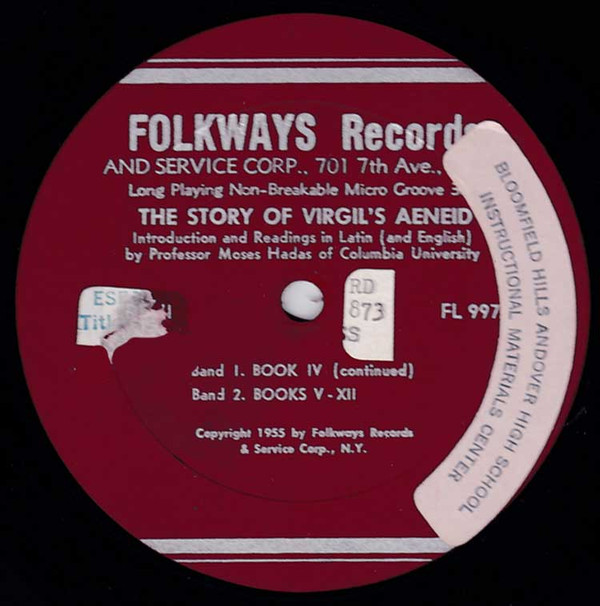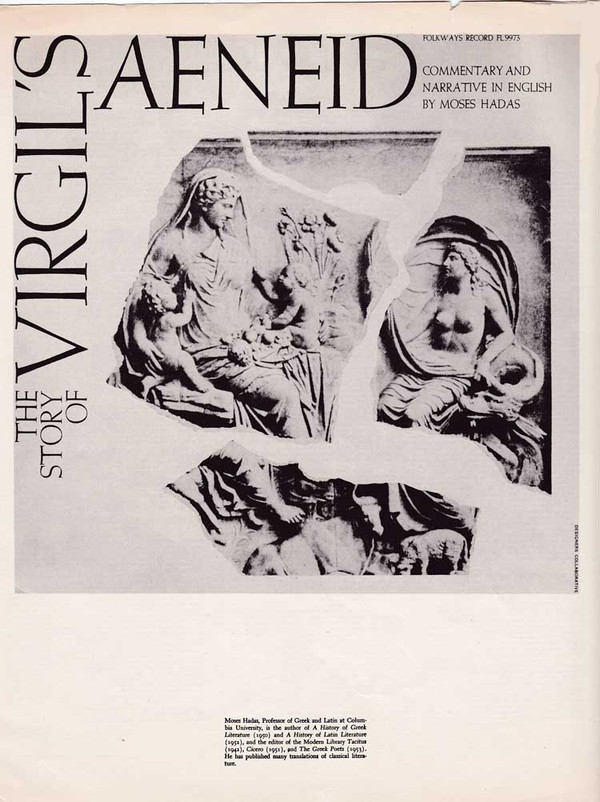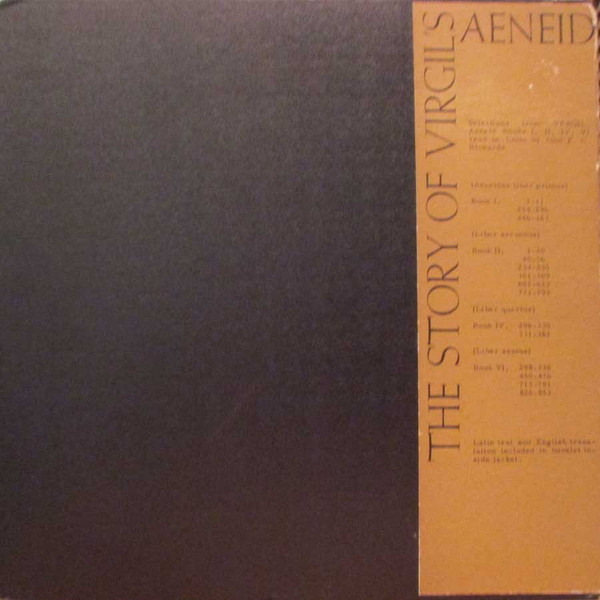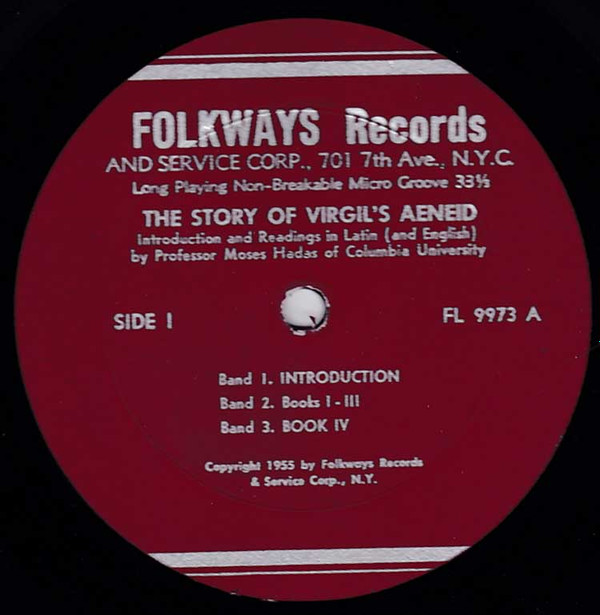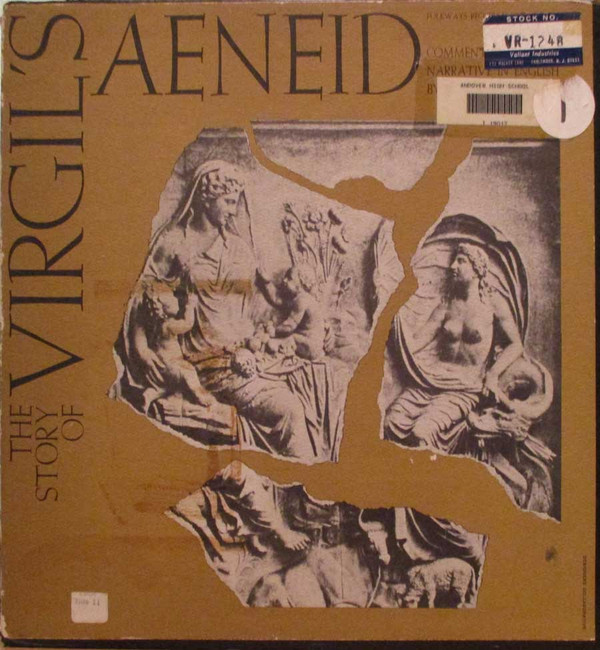Although he was known as a quiet, even shy man, Moses Hadas made his presence felt at the College as a prolific scholar and as one of the College's truly great teachers. A classicist by training, he began teaching as an instructor in the General Honors course in 1925, and except for brief service in the Office of Strategic Services during World War II, he stayed at Columbia for the rest of his career, remaining one of the College's most sought-after teachers until his death in 1966. t
Born in Atlanta, Hadas received his bachelor's degree from Emory University in 1922, and came to Columbia to do advanced work in Greek and Latin literature. Even as his own academic accomplishments mounted, Hadas continued to embrace undergraduate education. After teaching General Honors, he taught the Colloquium on Important Books; he was one of the original teachers of Humanities A and continued to teach it for years. It was said of Hadas that he "always had enough time to discuss anything of humane interest with the demanding young." Early on Hadas won recognition as a gifted scholar, not only of Greek and Latin, but also of Hebrew and Arabic. A colleague once remarked that Hadas knew most classical authors "as if he had just met them at a faculty meeting." Among his distinguished books on classical culture were A History of Greek Literature (1950) and Humanism: The Greek Ideal and Its Survival (1960); he translated Greek, Latin, and Hebrew texts; and he edited many other volumes.
